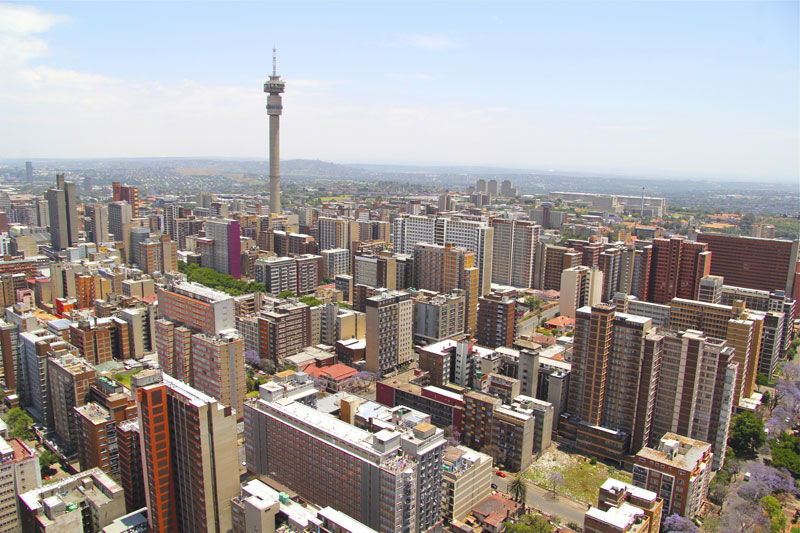The premier event for dialogue sharing on sustainable urban and economic development of African cities will take place in Johannesburg in 2015—bringing together 5,000 participants from across the globe

From Lagos to Dar es Salaam, the crane-filled skylines of cities across Africa have changed dramatically over the last 10 years, as towering buildings sprout up and reach ever further into the skies. Unprecedented economic growth across Africa has led to unprecedented construction in cities across the continent and spurred mass migration as those in rural areas descend on urban centres in their millions in search of work and opportunity. And with the continent’s population expected to grow exponentially over the next few decades, ever more pressure will be piled on cities, and on the governments, urban planners and civil engineers that are entrusted to build them.
The rapid growth of the majority of African economies can be attributed to a natural resources boom that has gripped the continent over the past decade or so. Unfortunately these resources won’t last forever; therefore the single greatest challenge for many African nations is taking their resource-dependent economies and making them sustainable.
There is a similar challenge in urban planning: cities and urban centres across Africa will have to have to be built and expanded with sustainability clearly in mind. “Global climate and environmental change, as well as increasing awareness of water, food or energy insecurities, for instance, are now starting to shape our understanding of the dire need for new visions on what good urban management for the 21st century entails,” says Joan Clos Executive Director of the UN-Habitat, the United Nations Human Settlements Programme.
This is why dialogue-sharing events that bring together urban planners and members of local and city governments from across the continent are so important. The Africities Summit is one such event.
Organised by the United Cities and Local Governments of Africa (UCLGA), the summit takes place every three years and addresses issues of urban and economic development in African cities. Next year, the seventh Africities Summit will be held in Johannesburg, from December 1st to December 5th. Topics to be covered at the summit include the social and economic impact of urbanization, economic growth and urban poverty, infrastructure development, environmental challenges and climate change, and the theme chosen by UCLGA this year is: “2063 Vision for Africa: Which contributions from the African Local Governments?”
Developing a new and better Africa by 2063 "is a task that starts now, as we begin to outline the local government vision for the next 50 years," said South Africa’s Minister of Cooperative Governance and Traditional Affairs Pravin Gordhan at the recent launch of Africities 7. "Ours is the task to write the next chapter in the history of Africa, and improve the quality of life of all Africans, young and old, poor and rich, urban and rural, uneducated or educated, women and men."
The City of Johannesburg was chosen to host the seventh Africities Summit based on its successful track record of organizing major international events such as the Metropolis Board of Directors and One Young World meetings in 2013, and the FIFA World Cup in 2010. More than 5,000 participants from across the globe, including local and national government officials, economists and financial planners involved in local economies, are expected to attend the summit.
0 COMMENTS